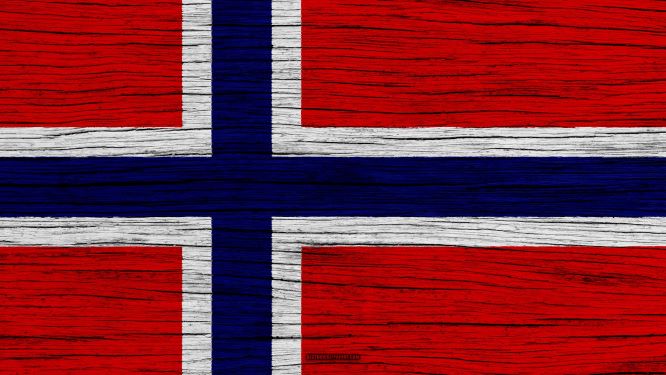Norway is one of the most prosperous countries with the highest quality of life in the world. With oil and gas production accounting for 20 percent of its economy, it has very strong sectors for hydropower, precious minerals, fish and forests. Employment is very low as well, making Norway a country with one of the best economies in the world.
However, it’s definitely not “perfect”. Though it has a free-market economic model, many people, due to its large amount of social benefits and the welfare state, even go as far as to call it a socialist state. Taxes are also fairly high in the country.
A very large amount of economists agree that more regulations hinder economic growth, but some of them are definitely needed. As an example, the gambling industry has its own specific sets of regulations imposed by governments. The most significant one would be a requirement for having adequate responsible gaming policies. Take Cherry Casino as an example. As soon as you visit the website, you can see their responsible gaming section, where you can find all the info regarding their responsible gaming policies. Casinos that take responsible gaming policies seriously will assist those that need moderation but can’t do it on their own. With that being said, this is just one example of where regulation is welcome.
With that being said, below are some of the main factors that we believe are causing the slowdown of economic growth in Norway.
Tough Immigration policies
Norway is a notoriously tough country to immigrate to. As an example, only 1614 people immigrated to Norway in 2018, and 2187 next year. Low immigration levels such as these always cause problems, as immigration is one of the primary sources for new skilled labor. Speaking of skilled labor, the latest statistics are even more damaging for Norway specifically, because it’s a country with one of the highest levels of the aging population. The reproduction rate is also low, enhancing this problem more.
High taxes
With statistics like total tax revenue being around 42.5% of the total GDP in 2012, Norway has always been one of the most heavily taxed countries in the world. For some citizens, this can be a huge burden as it leaves them with very little disposable income.
The reason for taxes being this high is mainly because of a very large Norwegian welfare state. As for how these taxes are spent, most of the revenue from these taxes is spent on public services like health, hospital operation, education, transportation, etc.
How are communities adapting?
For those who seriously want to see a change in the system and decrease the level of involvement from the government, Norwegian city Liberstad can serve as an excellent example.
Liberstad is a “private city” and community that is focused on Libertarian values. They’re essentially a society that has a goal to remove all government authority and bases itself on two main principles of non-aggression and free will, where every human interaction is based on mutual desire.
They aspire to create a society where no one has to pay high mortgage and rent prices, or any taxes of sort to any kind of government. One very impressive and interesting fact about Liberstad is that they have renounced usage of FIAT currencies, and have their own personal cryptocurrency called city coin. City coin is built on Liberstad’s personal blockchain engine called City Chain. With this, Liberstad aims to create a society with truly free and libertarian socio-economic conditions.
Liberstad is only one small community though. Greater attention and focus should be directed towards the country as a whole, and specifically people who are making actual efforts towards creating a free society with a free market.




